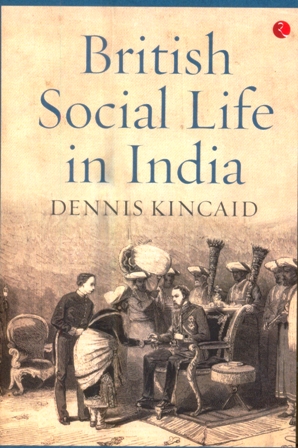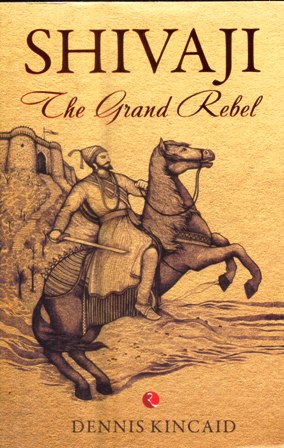-
British Social Life in India
The Rajah he bowed and he bowed and he bowed, Shaking hands as they came with the whole of the crowd; And he led to a couch the Commissioner s wife, And said twas the happiest hour of his life. First published in 1938, British Social Life in India, 1608-1937 is an account of the lifestyles of the British in colonial India from the East India Company days to just before the outbreak of the Second World War. Considered one of the closest portrayals of the day-to-day functioning of the British community in India their sports and amusements, their domestic arrangements, their relations with the native population it is also a circumstantial account of the way India evolved under the Raj. And, as colonial India retreats further and further into the depths of time, despite leaving its indelible marks on Indian life through the Indian railways, hill stations, postal system, architecture and the English language itself, this book takes you back to the era when it all started.
-
Shivaji The Grand Rebel
He was a great captain and the only one who has had the magnanimity to raise a new kingdom - Mughal Emperor Aurangzeb A great warrior and skilled administrator, Chhatrapati Shivaji Maharaj, better known as Shivaji, was the founder of the great Maratha Empire, and one who instilled a sense of Maratha identity in his people. At a time, when the Mughal Empire was at its zenith, Shivaji was the only one who dared to challenge the might of Emperor Aurangzeb. He steadily grew his army from a humble contingent of 2,000 soldiers to a force of 100,000. Assisted by a disciplined military system, a well-structured administrative organization and a deeply traditional society, soon the Maratha force became the only military power of consequence against the Mughals in India. Including accounts of legendary encounters like those with the Adil-Shahi Sultanate and the menacing Aurangzeb, The Grand Rebel is an epic saga of an Indian warrior king whose tales of victory and valour have been inspiring the nation for centuries.


